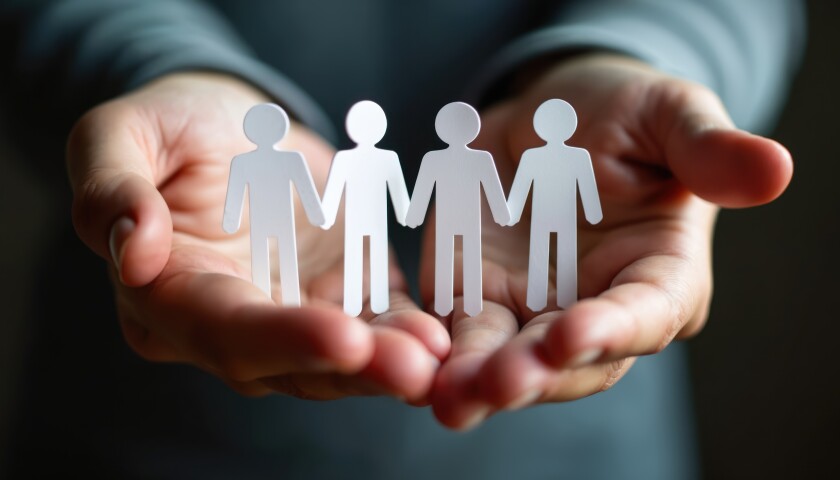Be honest with yourself, have you ever cried at work?
It may have been because trying to meet that deadline became too much, perhaps a tricky litigation resulted in yet another late night at the office, maybe you received an email where a certain turn of phrase just triggered you, or maybe it was a personal matter.
You might cry often, you may have cried only once, you might not have cried for years, you might wait until you get home or go somewhere private to let out emotion, and it’s possible that you haven’t cried at work at all.
Spoiler alert: all of the above is fine.
But when Rachel Reeves, the UK government’s Chancellor of the Exchequer, was seen becoming visibly emotional during a parliamentary debate yesterday, the reaction, including from the mainstream media, proved we have a long way to go to normalise being in touch with our emotional side at work.
Law firms and corporations often talk about ‘normalising’ mental health and wellbeing.
They rightly encourage their staff, including lawyers, to be open about their emotions and take time for themselves.
If we truly believe that, then when someone becomes emotional at work, wherever they are, we must respond in a way that shows we back up all that talk.
Reeves is the second-most senior person in government, true. But she is also a human.
Sadly, much of the media coverage has been unsympathetic, to say the least.
Close-up pictures of Reeves’s face, coupled with insensitive language like ‘sobbing’ and ‘blubbing’, have dominated.
The BBC, the UK’s national broadcaster, no less, chose to speculate about how Reeves’s “tears” raised “big questions” within her parliamentary party.
Meanwhile, the social media ‘commentators’ and fringe political figures have offered their two pennies’ worth.
Many of those comments have depressing and yet predictable misogynistic undertones, implying that this show of emotion somehow proves the fact that women should not hold senior roles.
It’s not even worth the effort to type out a response to that sort of misguided bigotry.
I don’t know why the Chancellor was upset. Only a few people will know the true reason.
It may have been a personal matter, it may have been work-related, but the why is not the story here.
Humans are not robots. They are allowed to cry. If anything, it shows they care.
At times, it feels we have a long way to go before we can truly say we are making progress on tackling workplace wellbeing.
I should add that plenty of people have reacted with sympathy, with some sharing their own stories.
For the most part, though, those are not the views being amplified.
I worry too about the ramifications of this kind of coverage and fevered debate.
How many pressurised lawyers in our industry will have seen the reaction to this story and think that keeping quiet and getting on with the job must be the best approach? How many will feel ashamed for having become emotional themselves?
If there’s a positive to take from this, it’s that it has at least created a conversation.
Sadly, though, it seems like we still have some way to go before we can address it.











